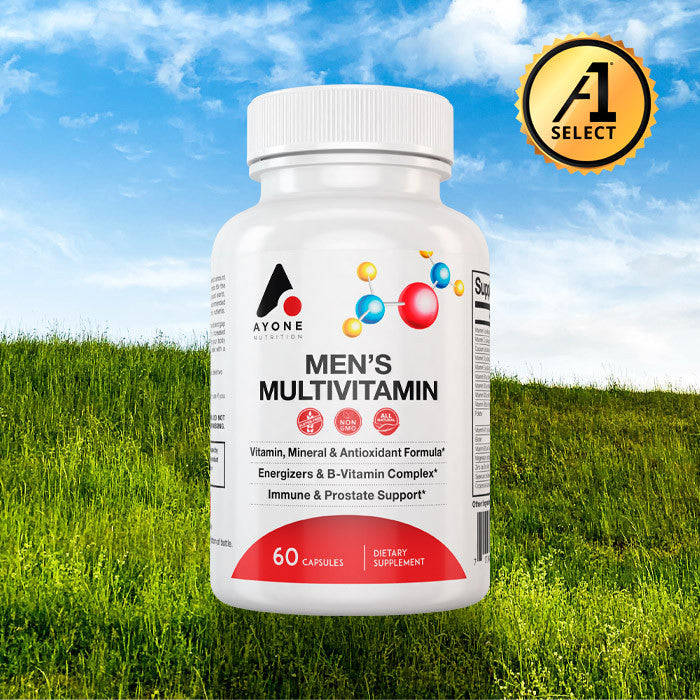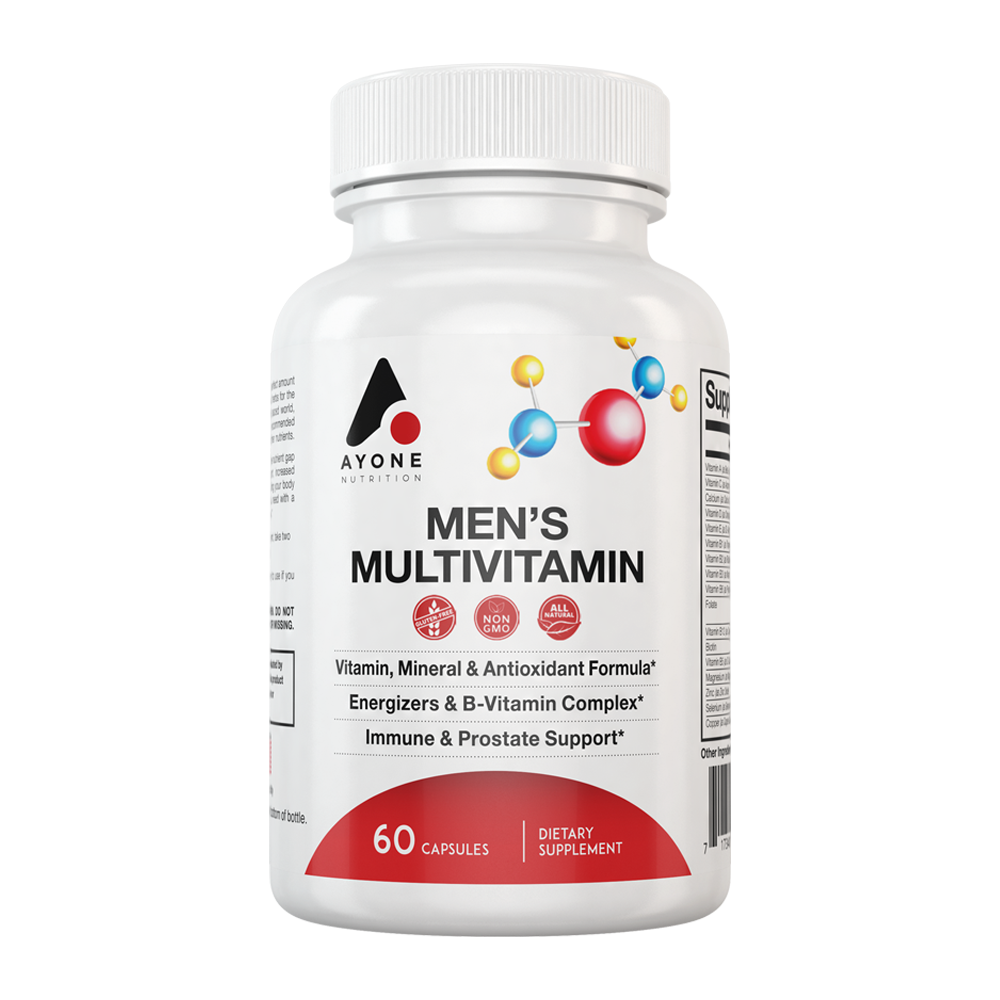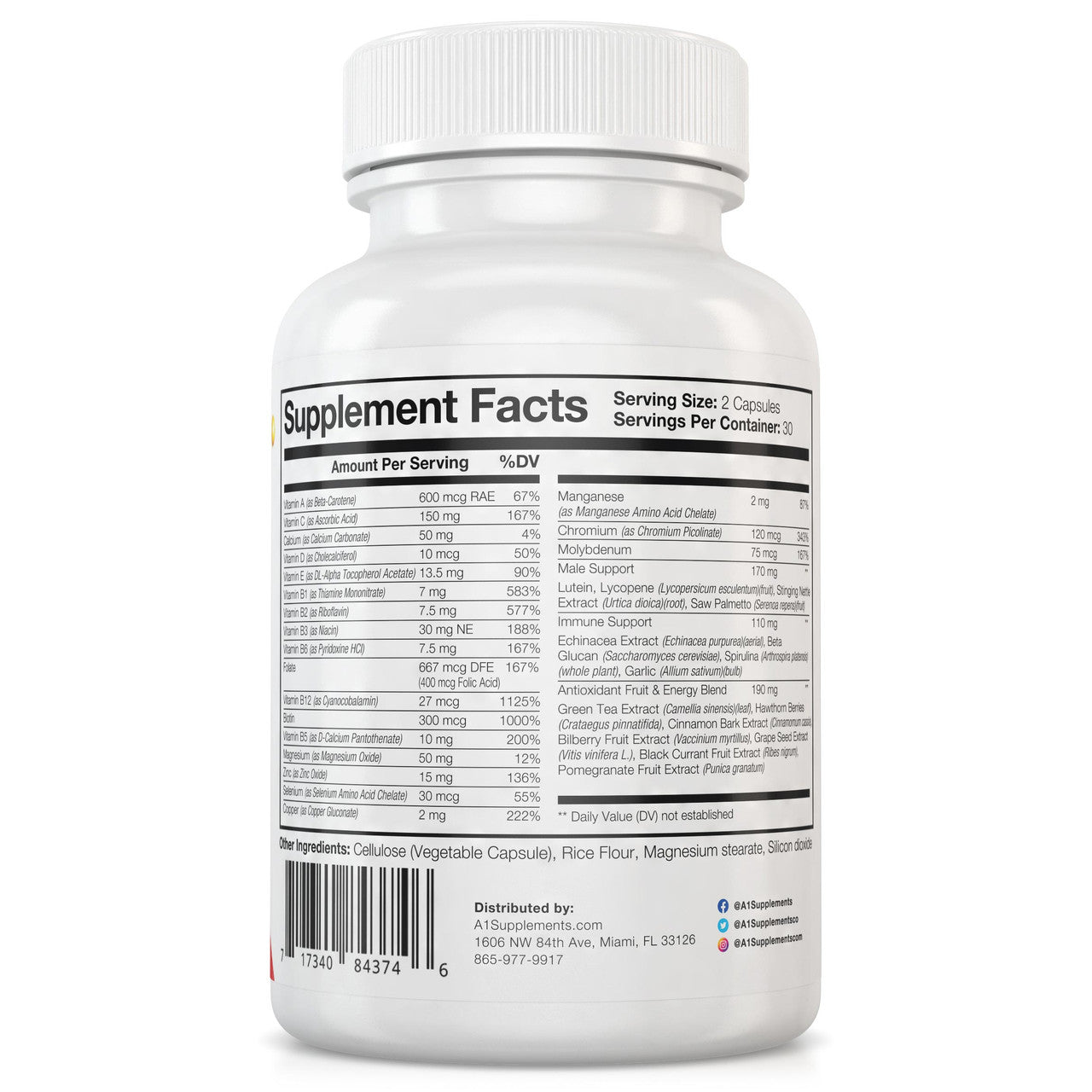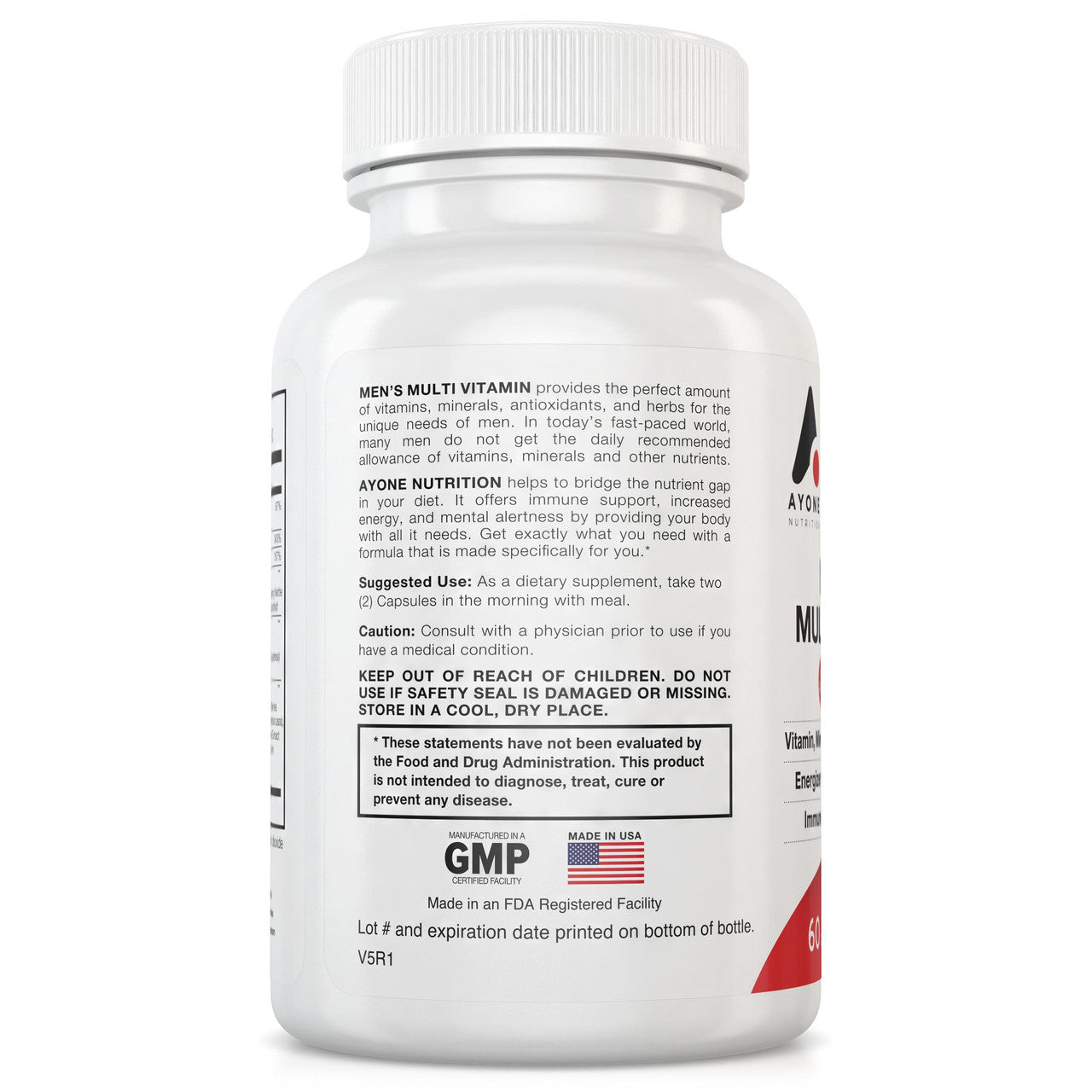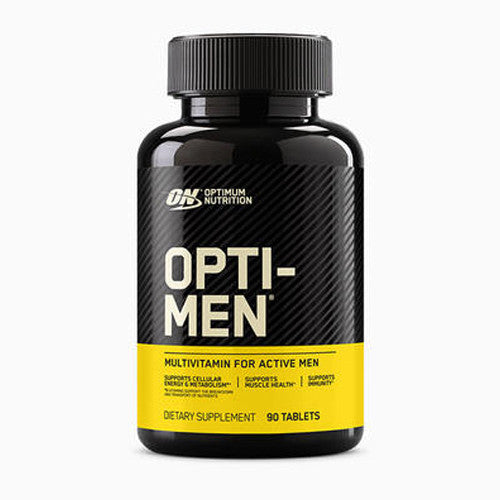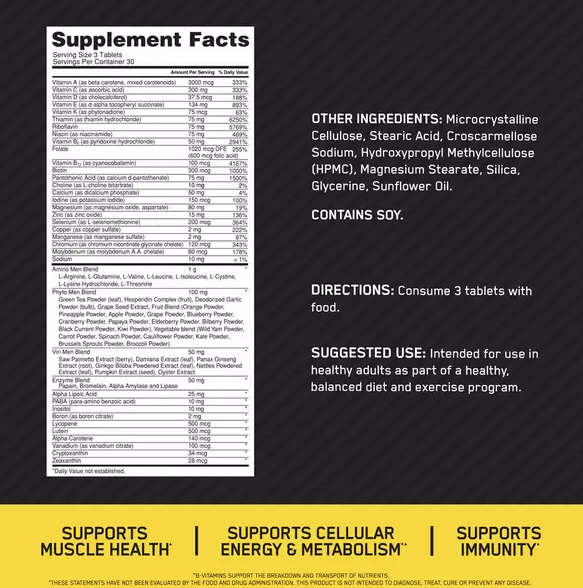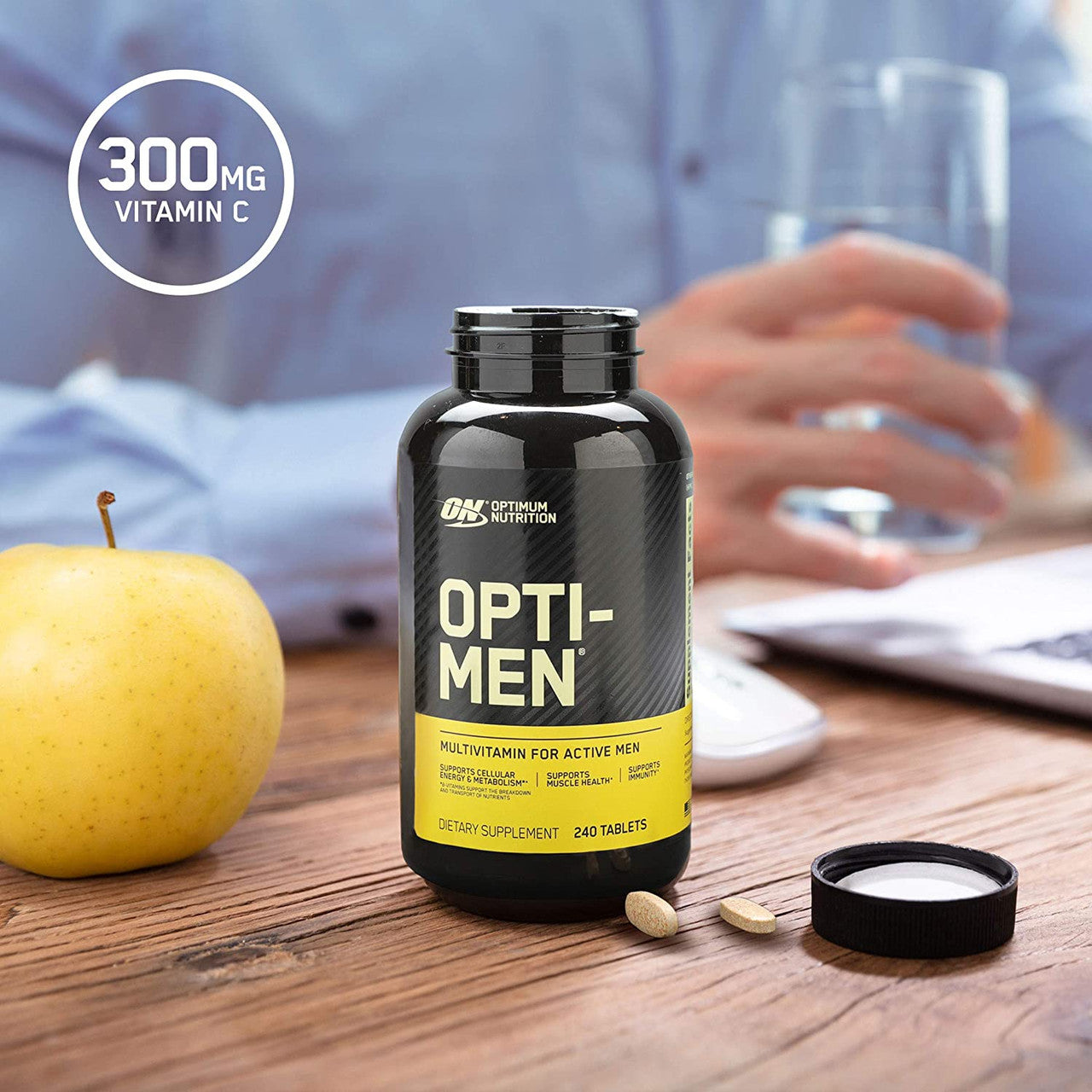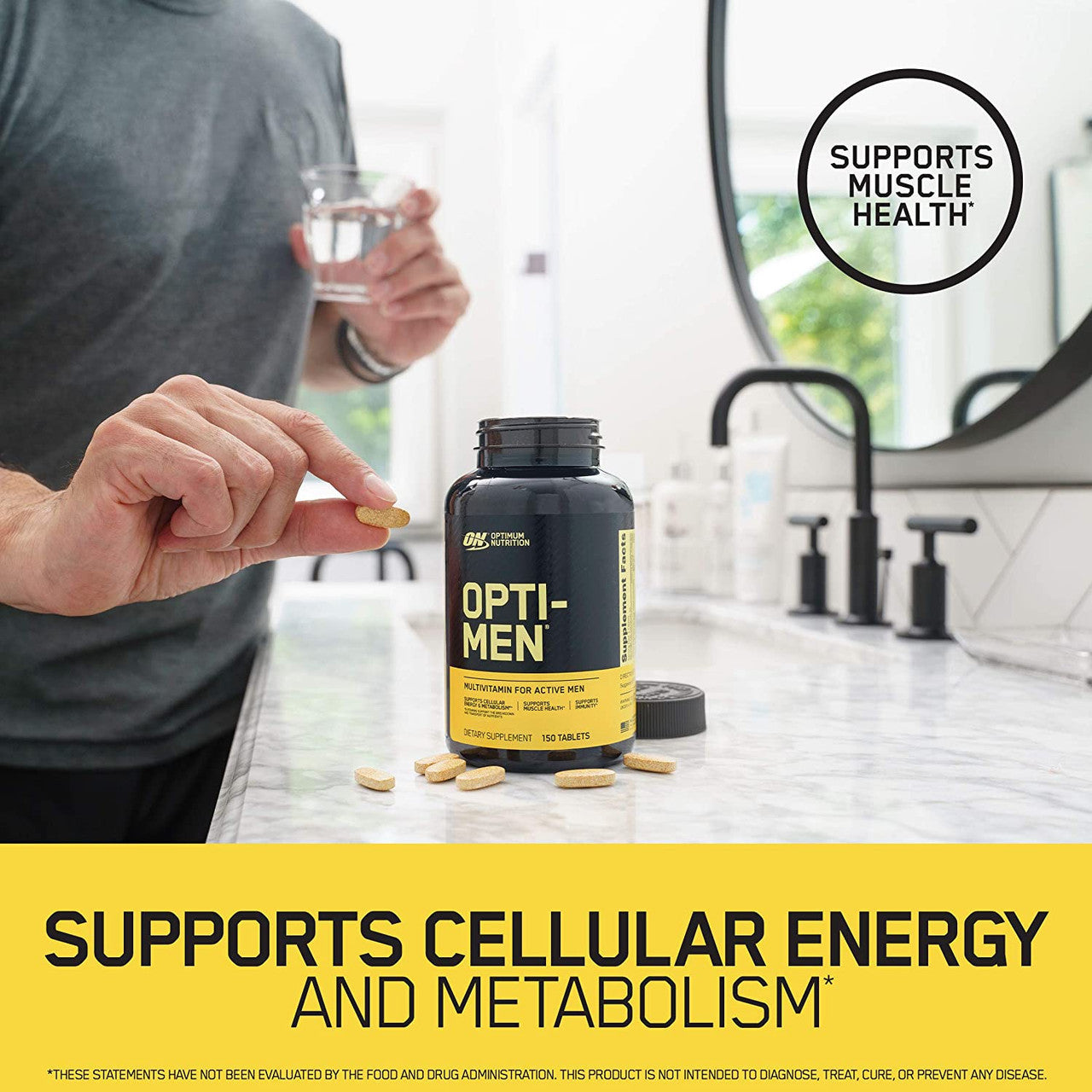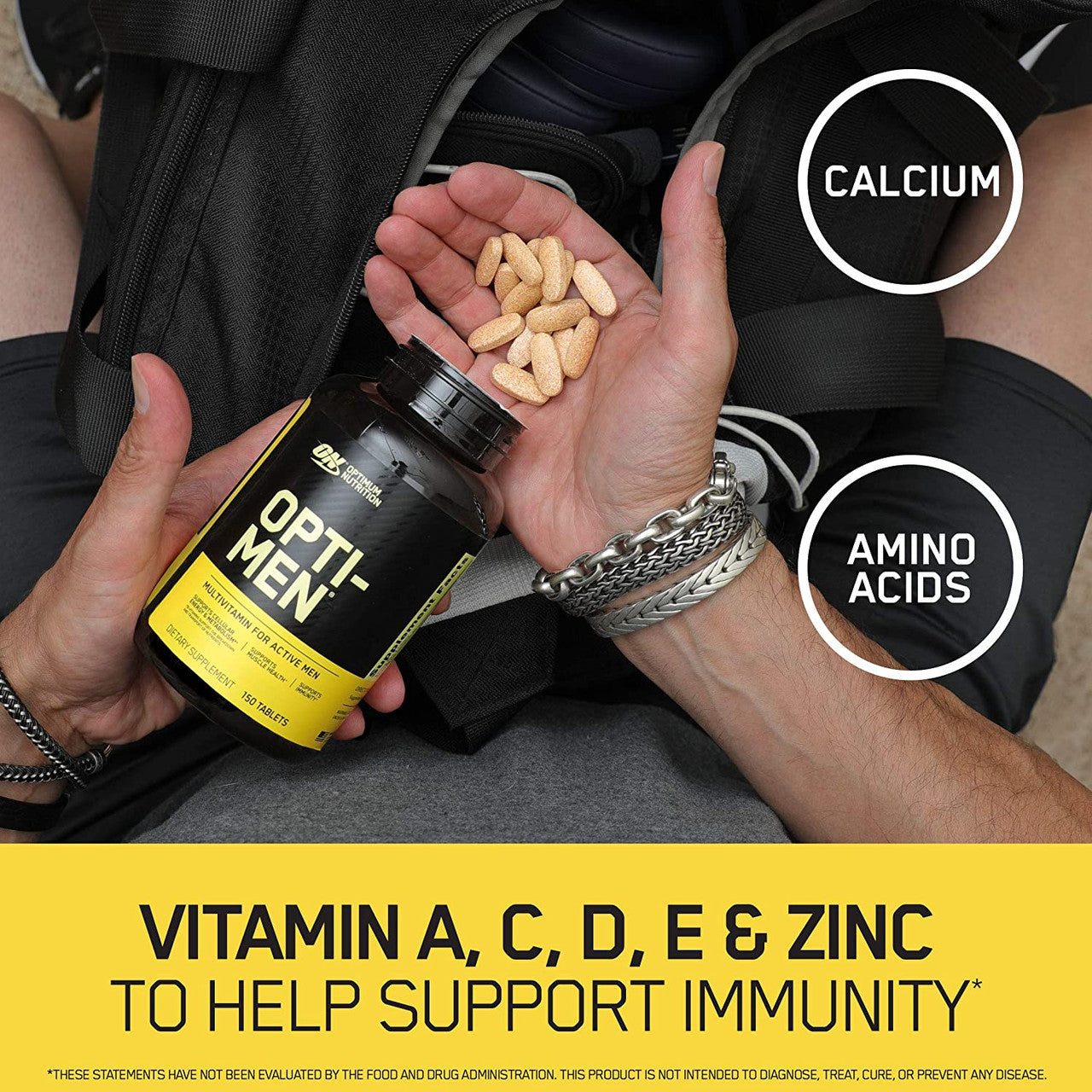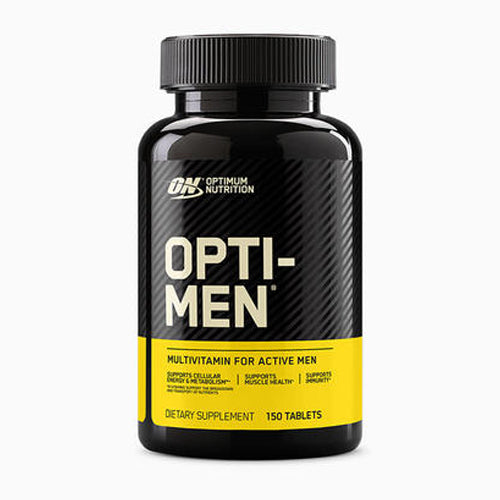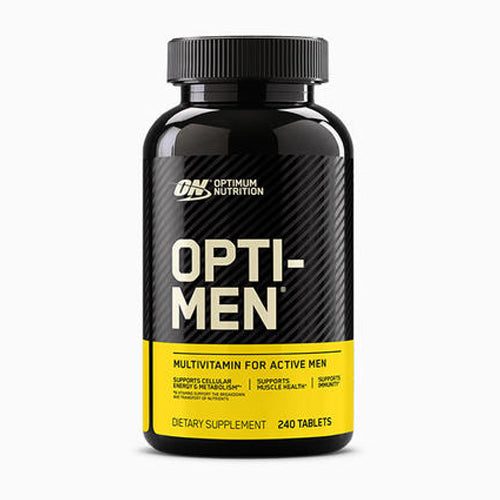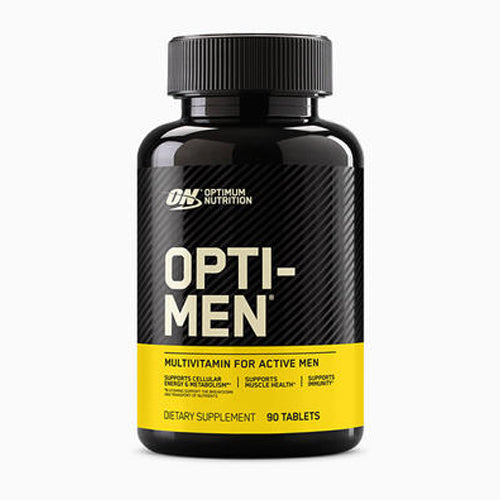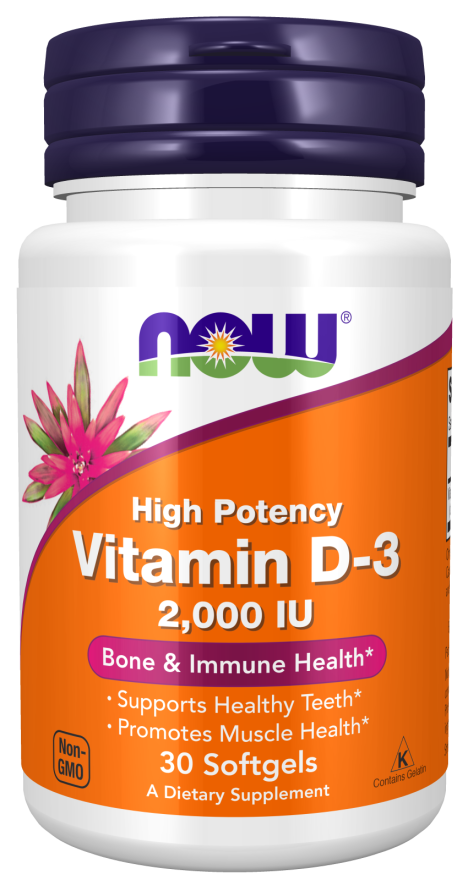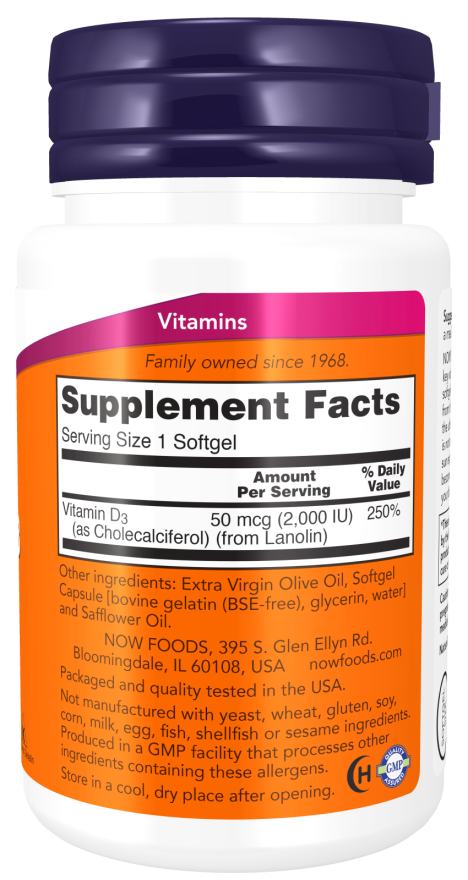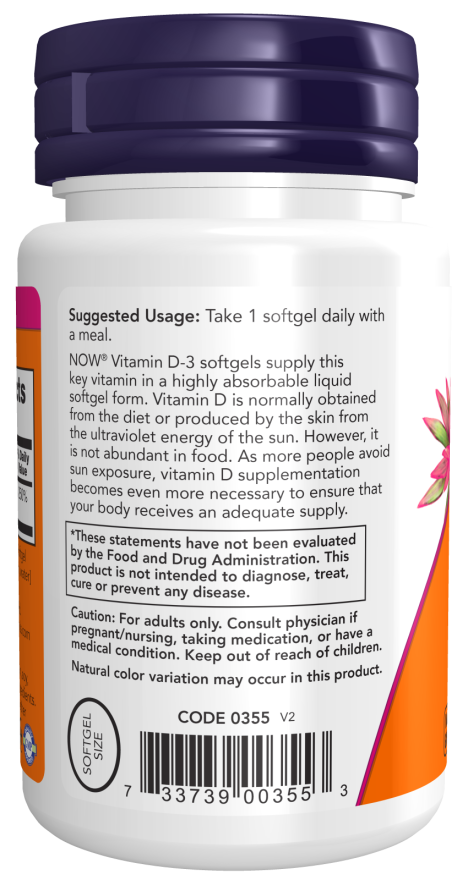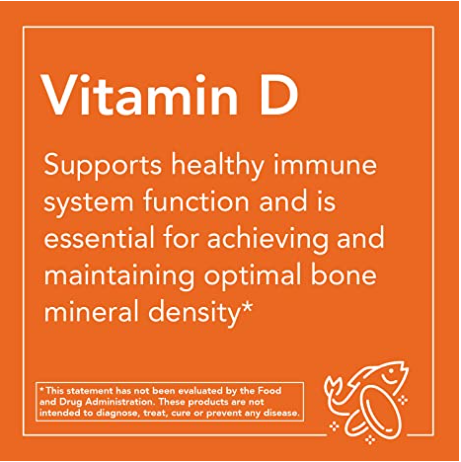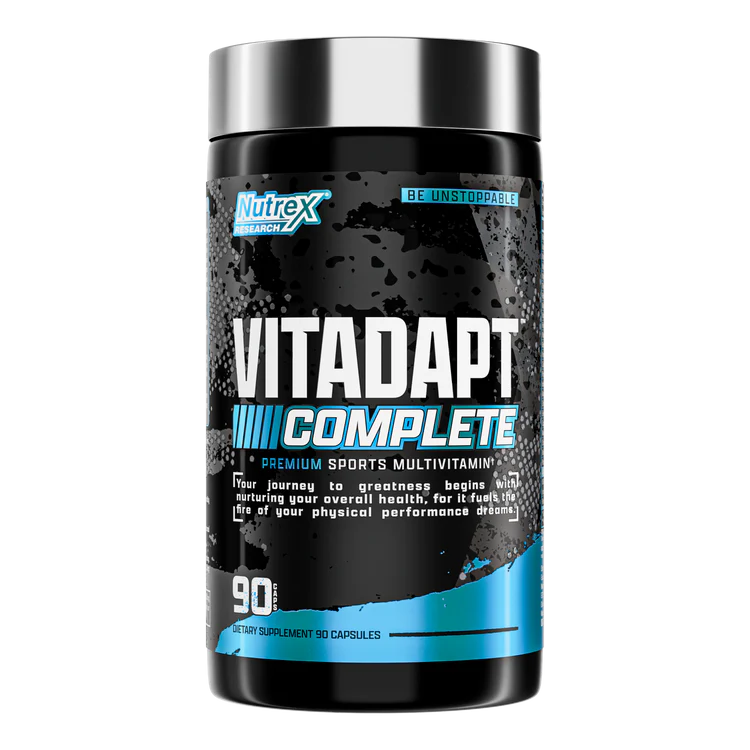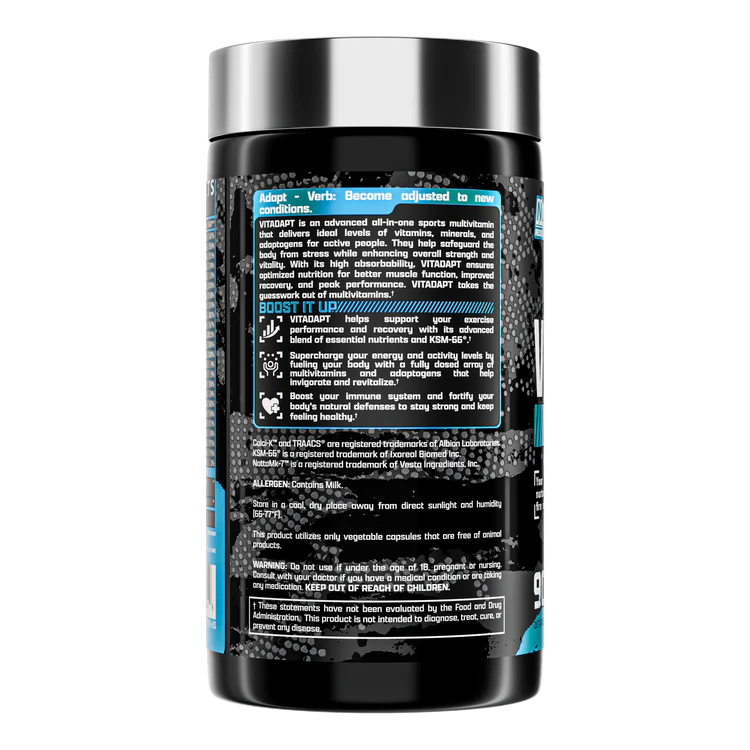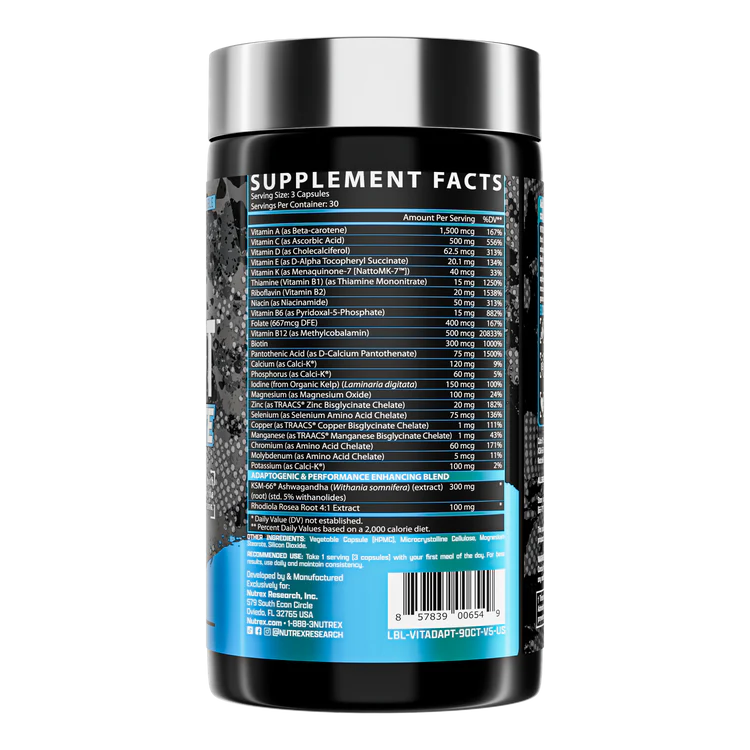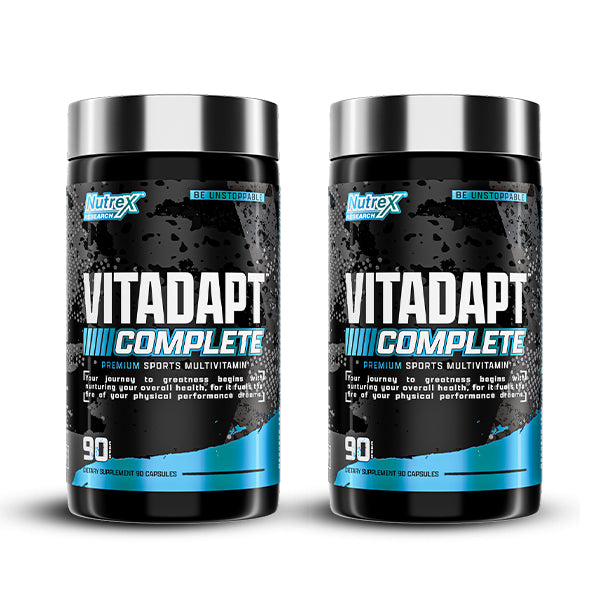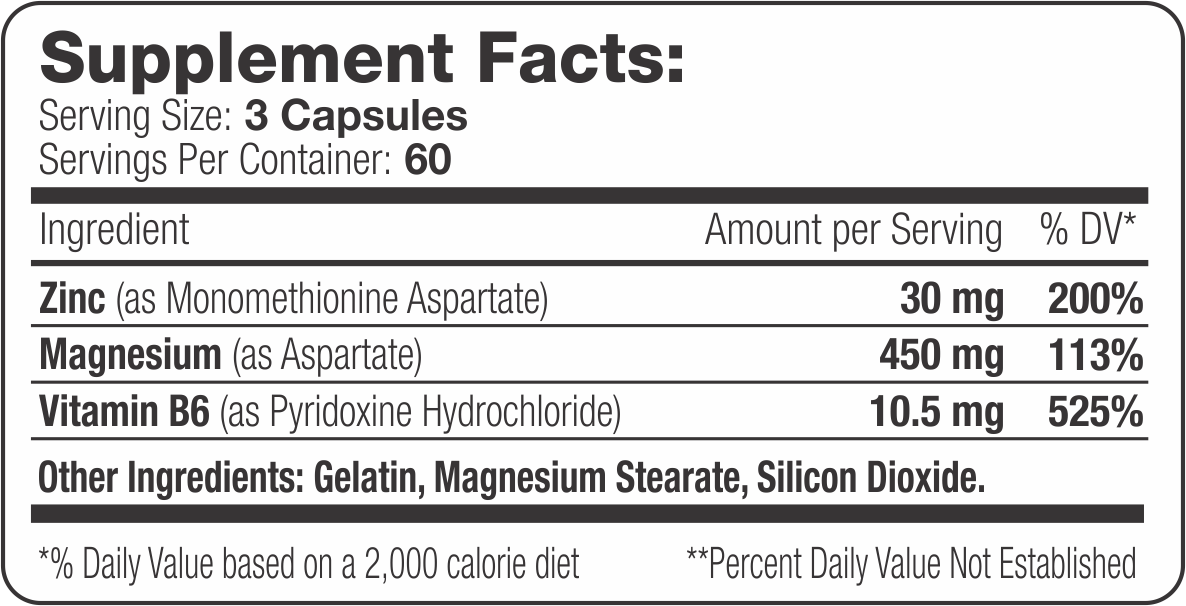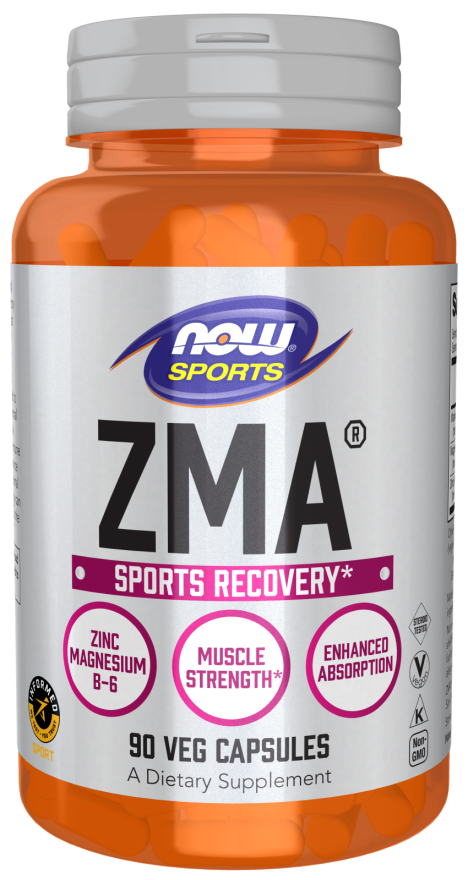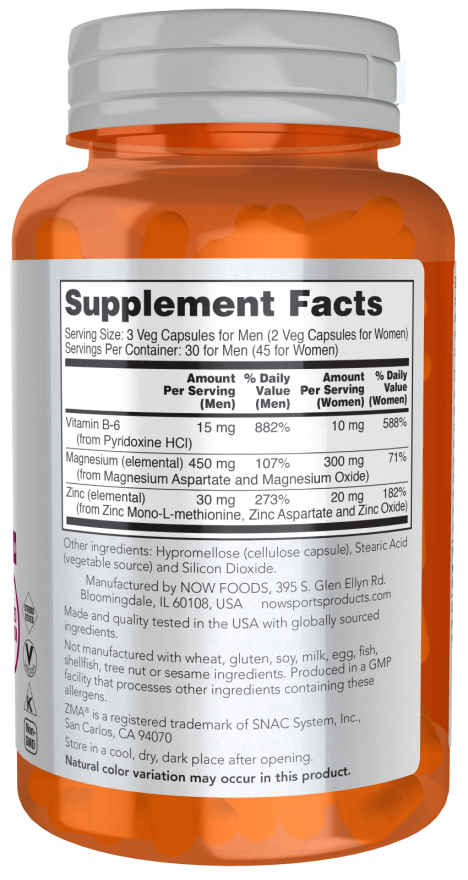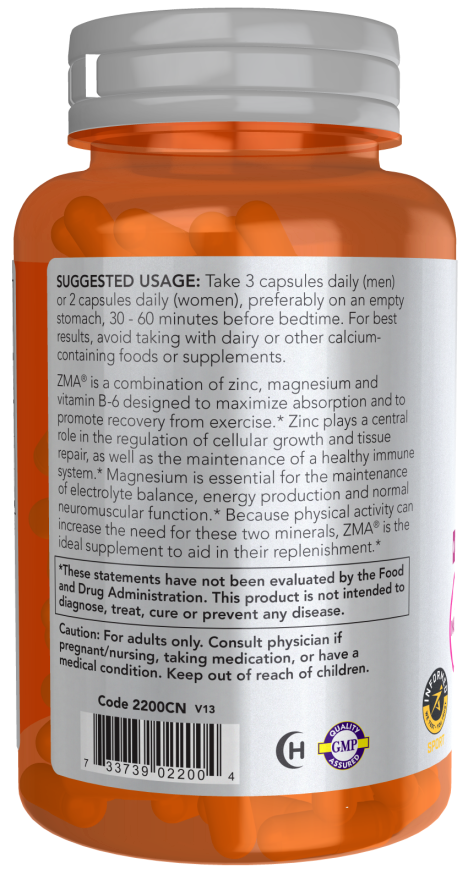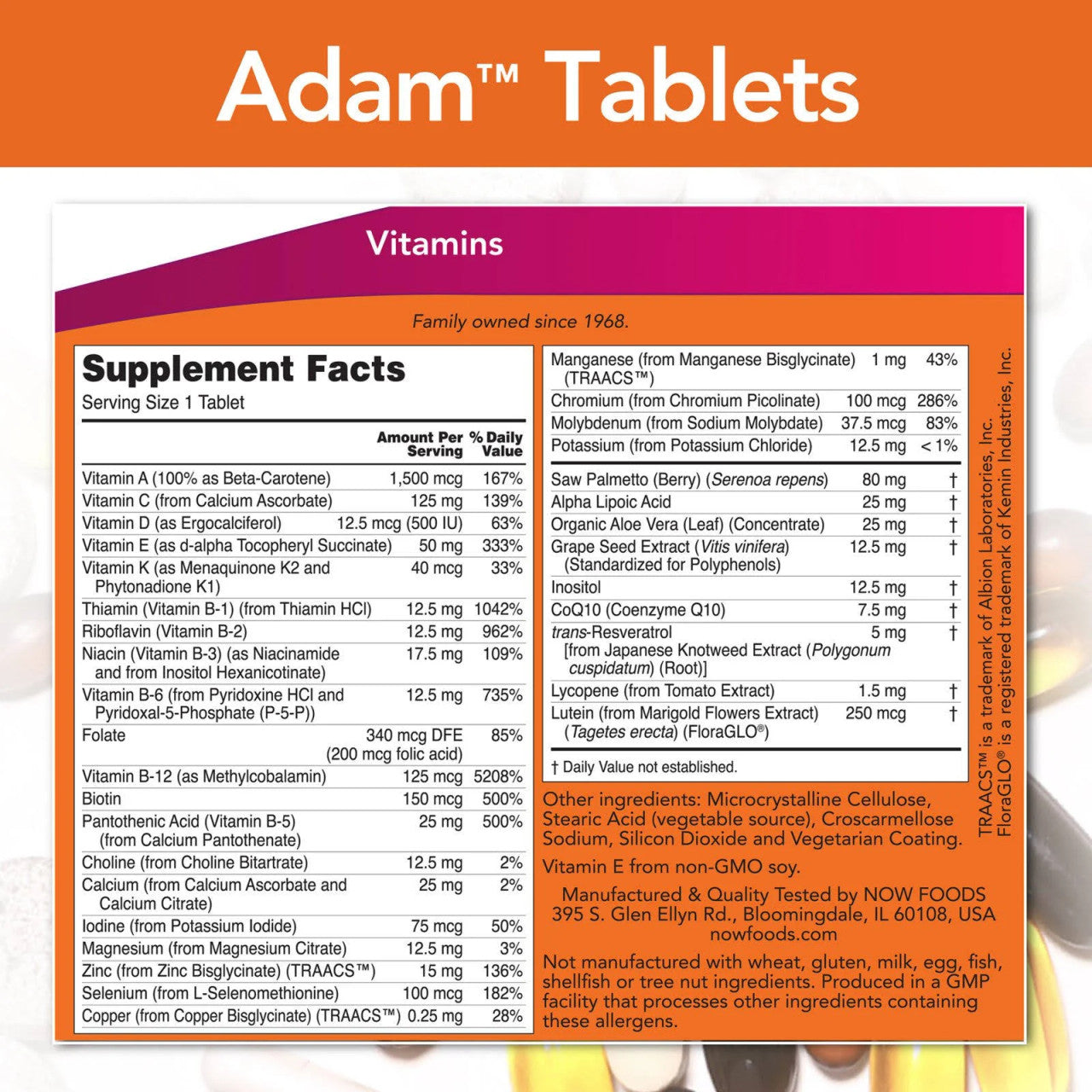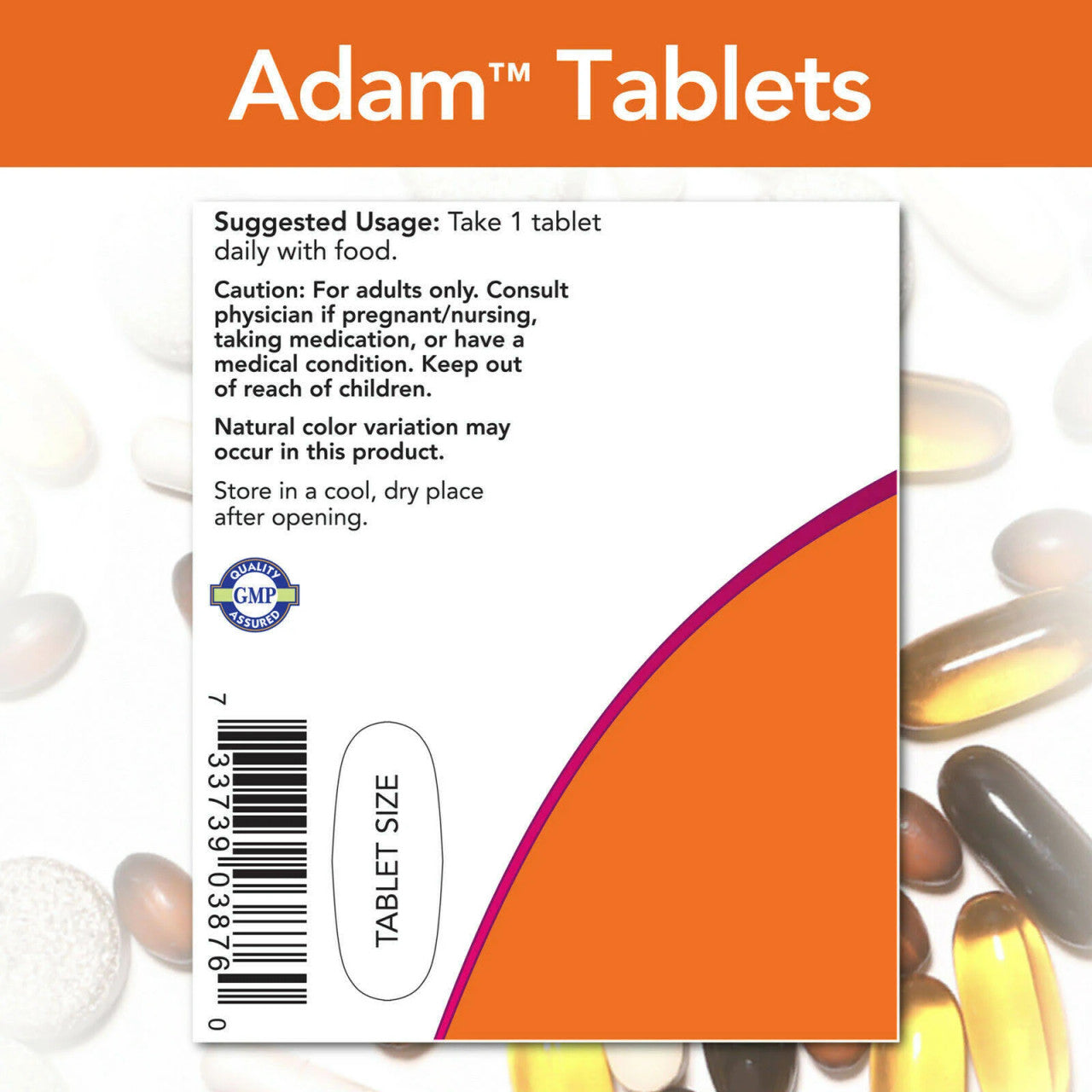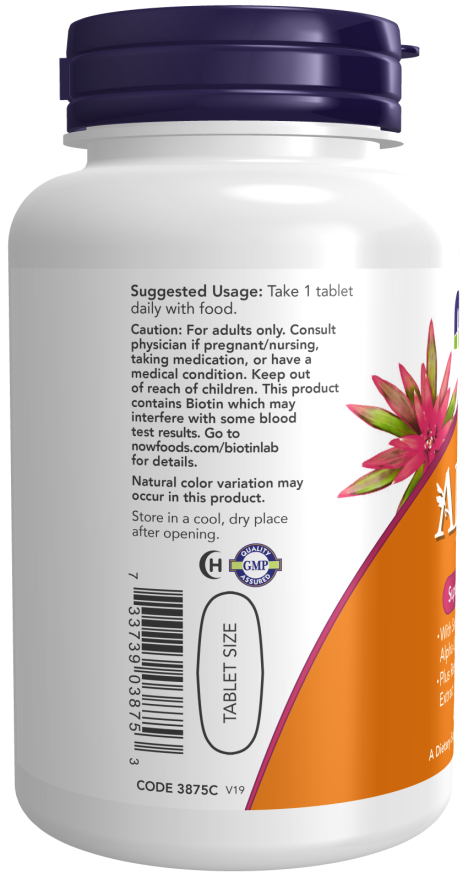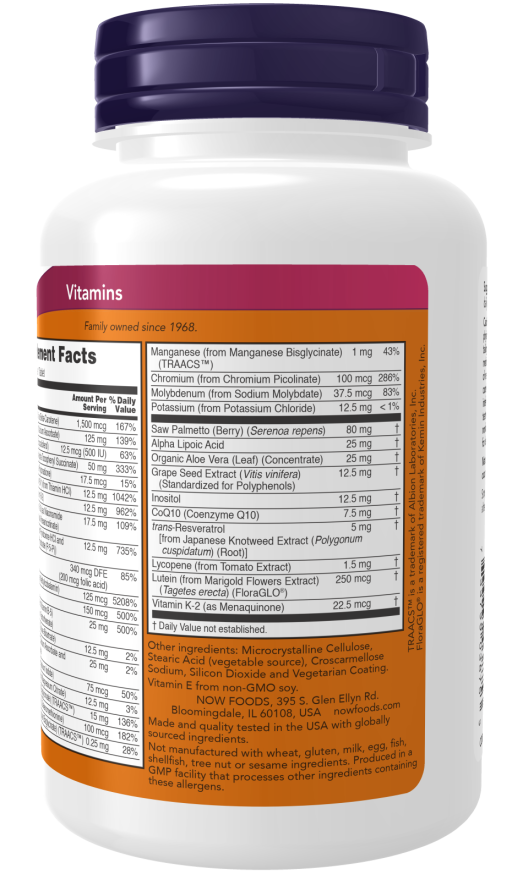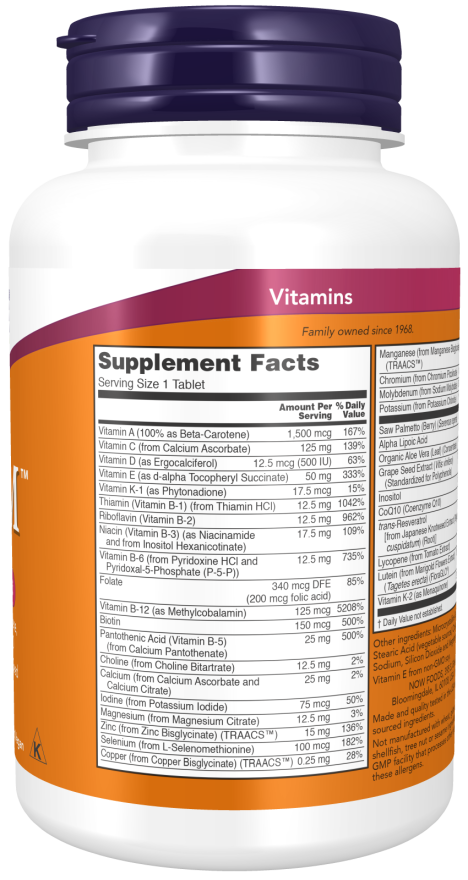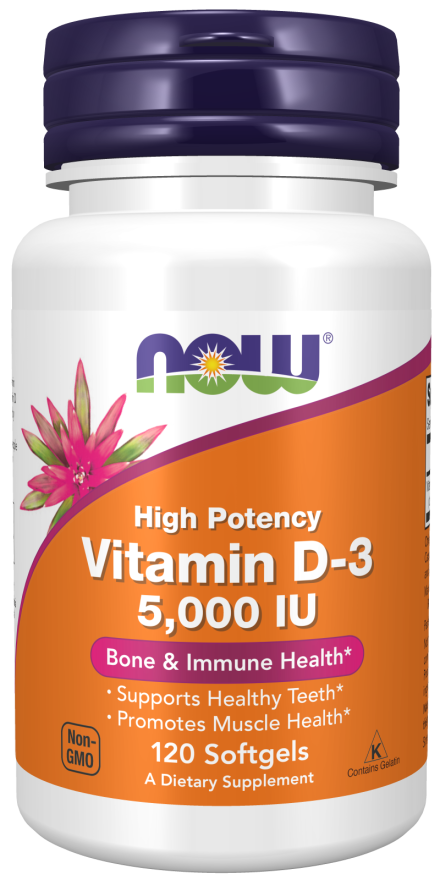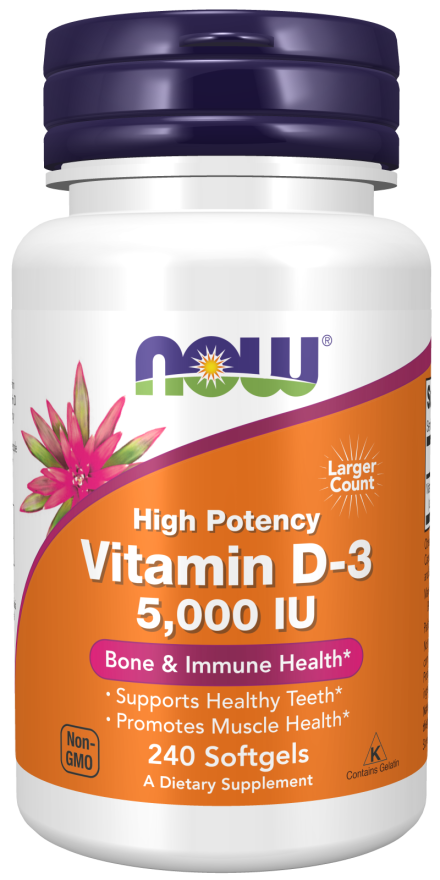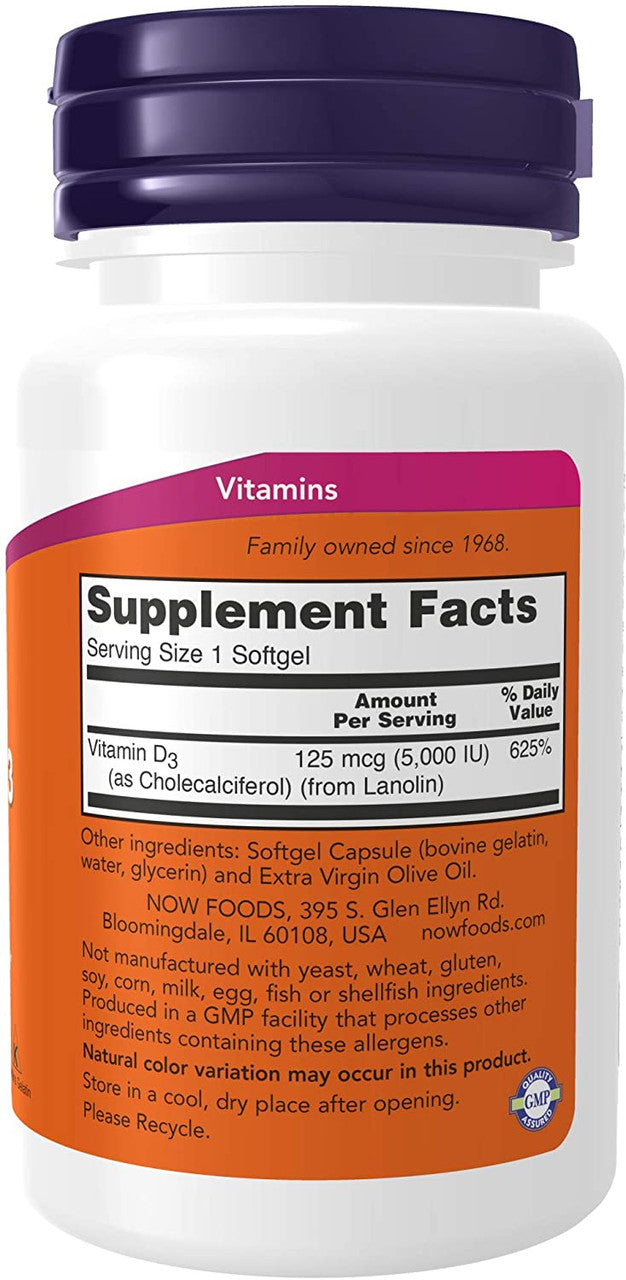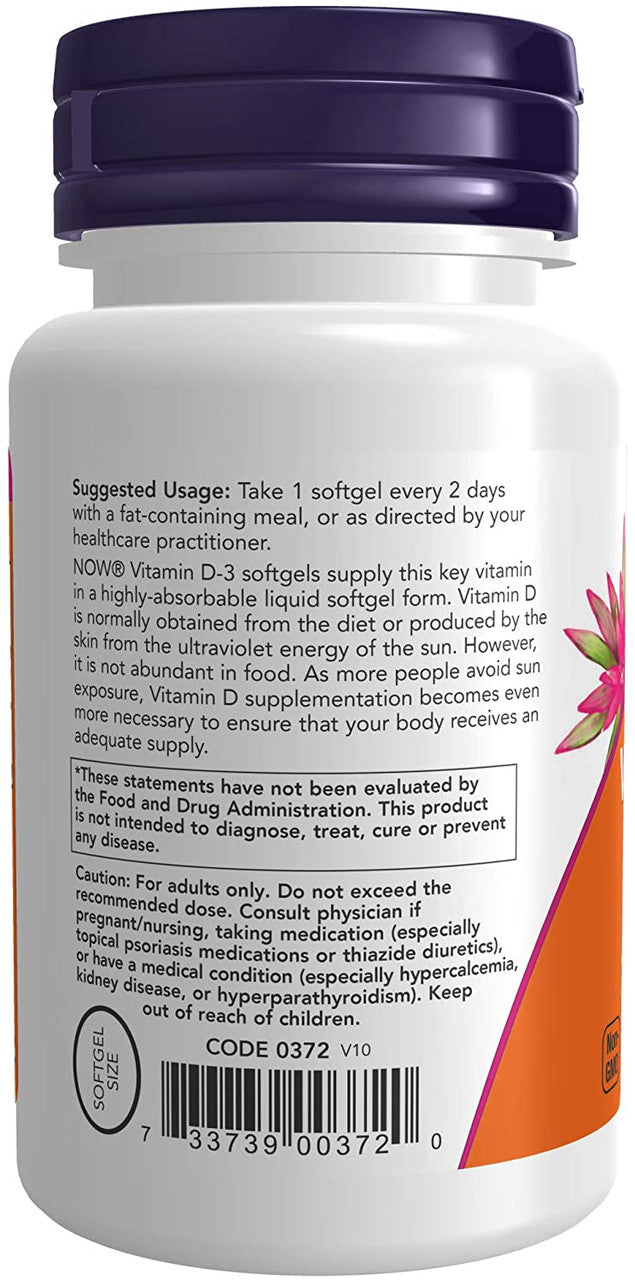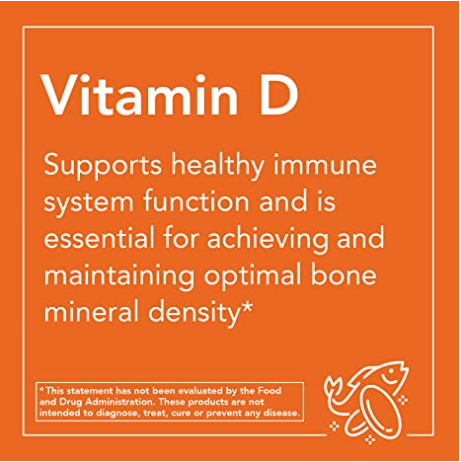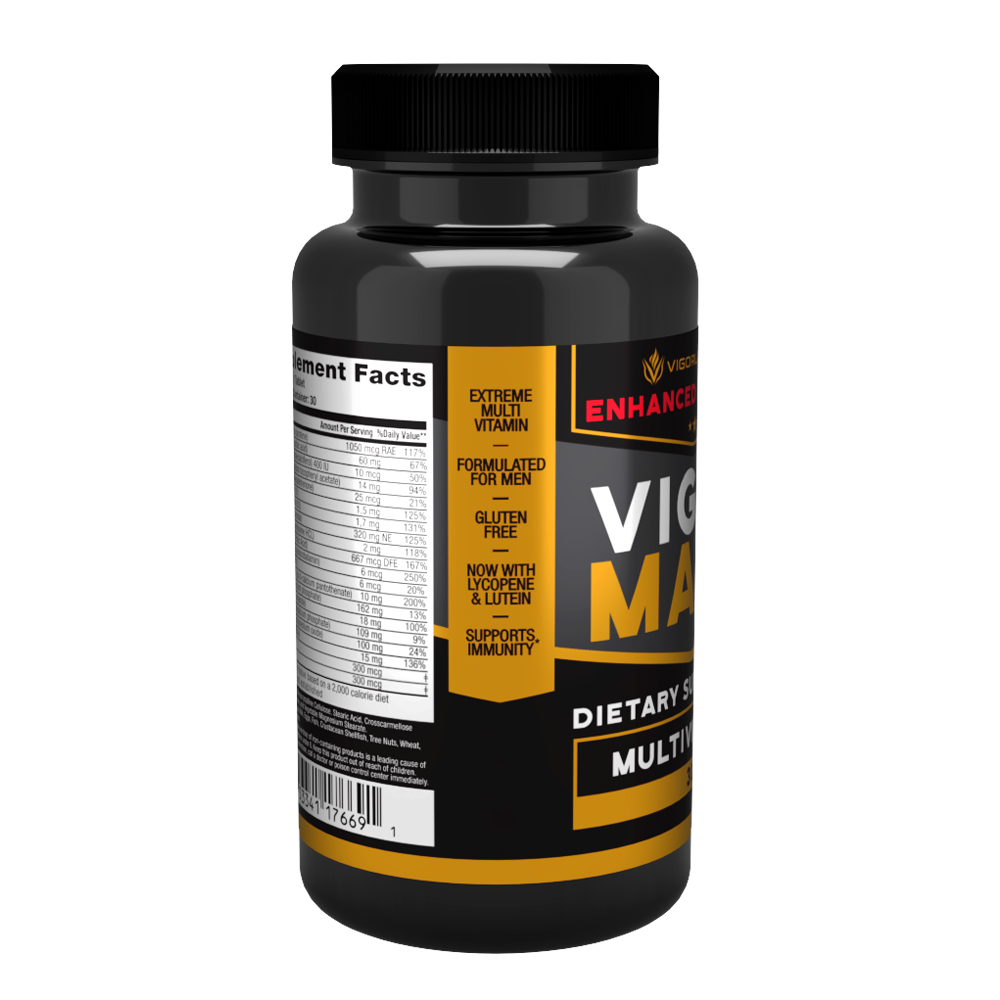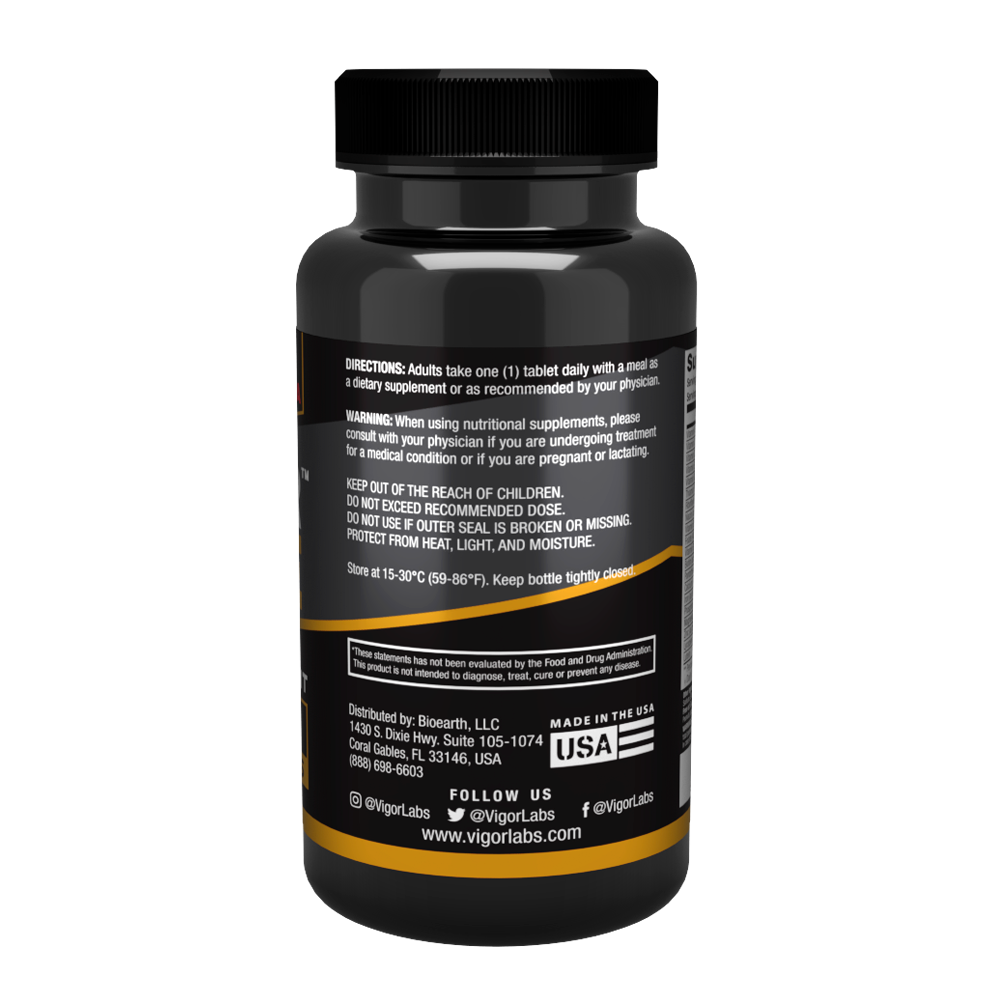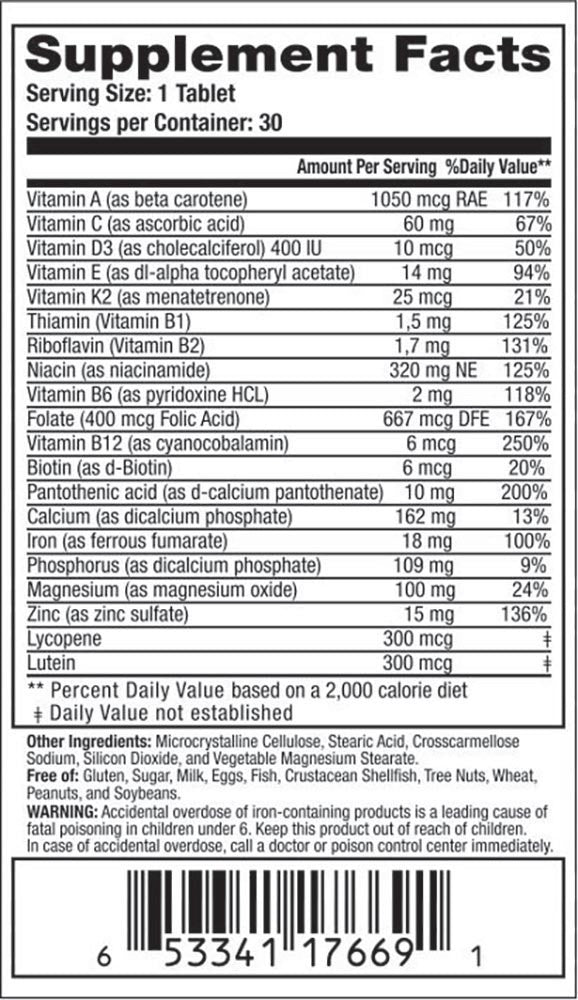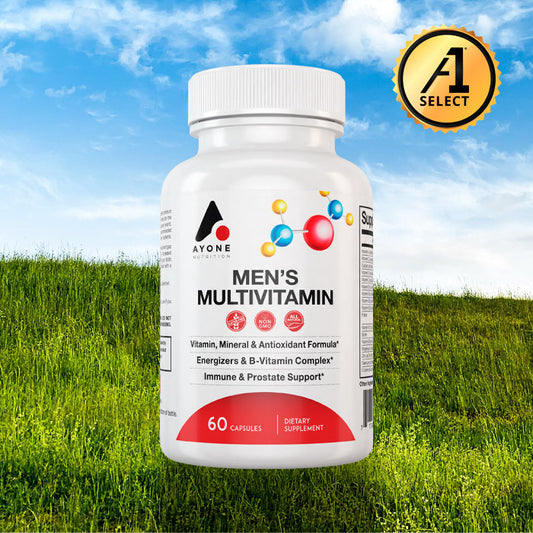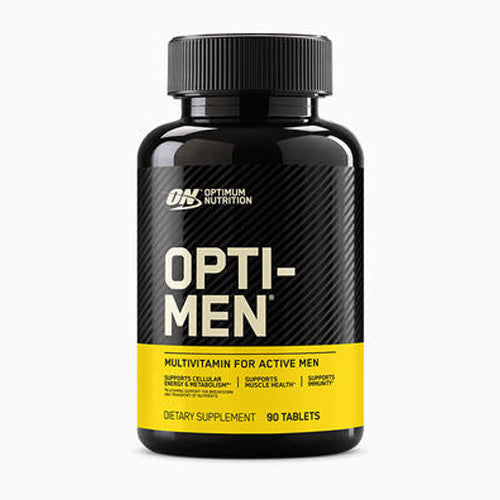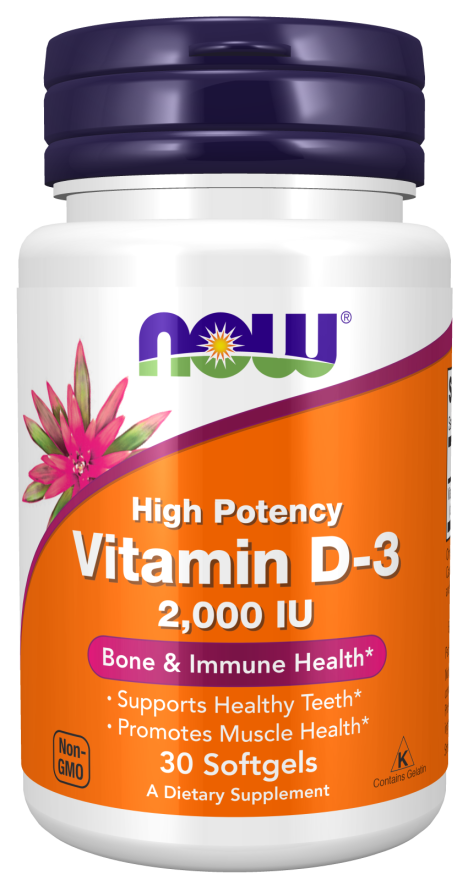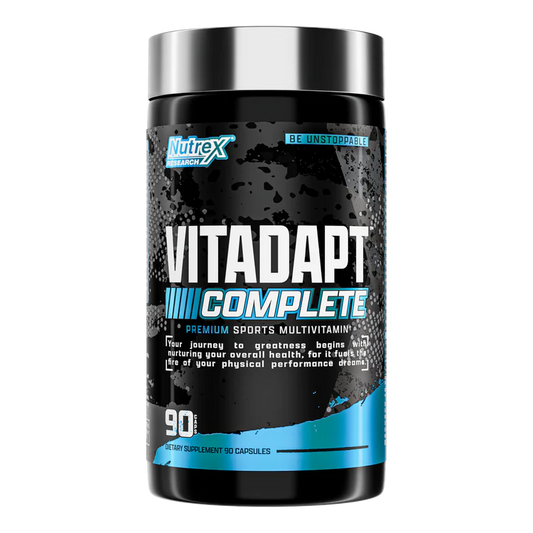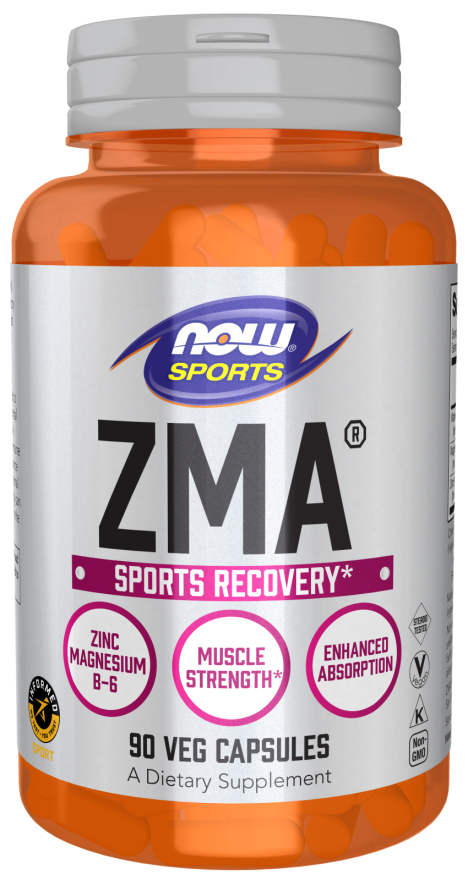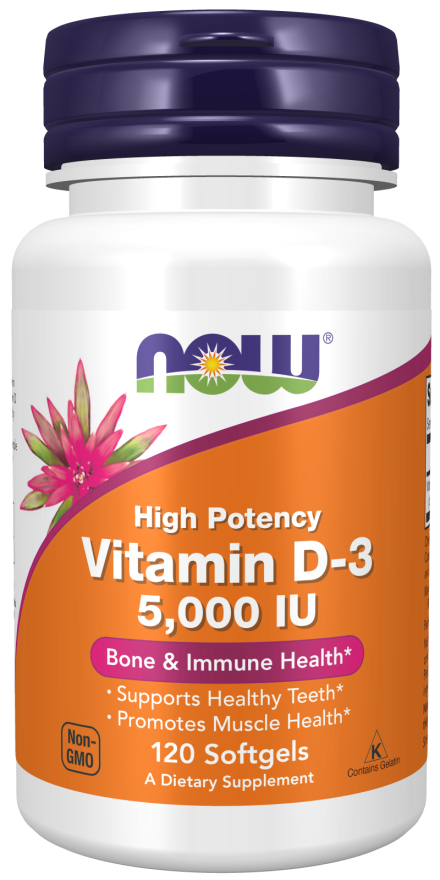Vitamins are organic compounds found in food which are needed by humans in tiny amounts...Learn more.
Vitamins And Minerals Quick Facts:
What are vitamins and minerals? Substances essential to cell metabolism in small quantities, and that are obtained through diet, especially from natural, unrefined foods. As awareness grows that modern processed diets may lack them in sufficient quantities, they are increasingly being acquired through supplementation as well.
Who needs them? Everybody. They are as indispensable to life as oxygen or water, although individual need for vitamins and minerals can vary widely. Pregnant women, the elderly, athletes, and the ill, for instance, may need larger amounts than can be obtained through diet alone.
How are they used? For an increasingly broad range of applications, from lowering cholesterol and homocysteine levels to the prevention of birth defects and osteoporosis.
Are they dangerous? Anything is toxic if ingested in sufficiently large amounts (water included), but the overdose potential of vitamins and minerals generally appears to be slim when compared to that of many over-the-counter and prescription drugs.
Vitamins And Minerals Overview:
Vitamins are organic compounds found in food which are needed by humans in tiny amounts. Vitamins usually act as coenzymes or cofactors for various bodily proteins, and are either soluble in water (B-complex vitamins and vitamin C) or in fat (vitamins A, D, E, and K). A lack of any one vitamin, even if all the others are present in the diet in ample amounts, results in diseases of deficiency. Science currently recognizes 12 vitamins, although more may remain as yet undiscovered.
Minerals are elements that originate in the soil. Like vitamins, they must be gotten through diet, and also like vitamins are essential for life. Minerals enter the food chain when plants absorb them from the soil, and enter our bodies directly when we eat the plants or indirectly when we eat animals that ate the plants. Sometimes we also obtain minerals from drinking water. The mineral content of our food may vary depending on where it came from, since soil mineral content differs from place to place. To date, fourteen minerals are known to be essential for health, although this number too may well increase with additional research.
Much controversy surrounds the role that both vitamins and minerals play in human health, with some scientists and doctors taking the position that they do little more than just prevent deficiency diseases such as scurvy (lack of vitamin C) and pellagra (lack of vitamin B-3). However, a growing body of research suggests that vitamins and minerals can, in at least some cases, be used in higher-than-RDA quantities to prevent or even treat a host of health problems, from colds to high blood serum cholesterol. Many consumers now rely not only on food sources of these nutrients but--aware that modern processed diets may be lacking them in sufficient quantities also take vitamin and mineral supplements, much as they also do with herbs and omega-3 fatty acids. A number of high-potency multivitamin/multimineral formulas now exist that are designed to support general good health, and for other, more specific purposes.
What follows is a quick rundown of some of the uses to which various vitamins and minerals are sometimes put. Bear in mind that nutritional research is an evolving science: What is thought to be true or untrue today may be quite different from what future nutritional discoveries reveal.
-
Vitamin A: May strengthen immunity, promote healthier skin, and slow the progression of the eye disease retinitis pigmentosa. Use this fat-soluble vitamin with caution, since potential for overdose exists. In particular, pregnant women who wish to ensure that they are getting enough vitamin A should take it in the safer beta carotene form.
Cod liver oil is an especially rich source. Carrots contain lots of vitamin A in the beta carotene form.
-
B-complex vitamins: These were once thought to be a single vitamin but are now understood to be separate nutrients. Three of them, Vitamin B-6, Vitamin B-12, and folic acid, may help to lower blood serum levels of homocysteine, a byproduct of the amino acid methionine and an emerging risk factor for atherosclerosis, colon cancer, and Alzheimer's disease. Health authorities now routinely recommend that women of childbearing age take folic acid to reduce the risk of certain birth defects. Research dating back to the middle of the twentieth century suggests that niacin, a form of vitamin B-3, may be of benefit to schizophrenics. Doctors frequently prescribe a form of this vitamin to lower cholesterol and to improve HDL/LDL ratios. Increasingly, B-2 (also known as riboflavin) shows promise in the treatment and prevention of migraines, while pantothenic acid, or B-5, may help strengthen overtaxed adrenal glands.
Whole grains and brewer's yeast contain good amounts of these water soluble nutrients.
-
Vitamin C: The best-known vitamin, and perhaps the most controversial one of all. Needed for the production of collagen, this crucial antioxidant is also referred to as ascorbic acid or ascorbate. Most animals can make their own vitamin C in their liver, but since guinea pigs and primates--including humans--cannot, they must rely on outside sources of this nutrient. Numerous studies hint strongly that vitamin C helps strengthen immunity and fight infections, promotes healthy gum tissue, lessens the risk of heart disease and cancer, and reduces overall mortality by a significant degree.
Citrus fruits such as oranges are excellent sources of this crucial vitamin.
-
Vitamin E: Another well-known but controversial vitamin. Once school of thought contends that this nutrient reduces the oxidation of LDL cholesterol, rendering the cholesterol less “sticky,” and thus less likely to clog arteries. Studies suggest that vitamin E thins the blood, much as aspirin does, as well as reduces levels of the inflammation marker called C-reactive protein, another emerging risk factor for heart disease and other serious health problems. When administered in very high doses vitamin E seemingly shows potential for slowing the progression of Alzheimer 's disease. It is yet another nutrient that may lessen the risk of certain cancers. Many nutritionally knowledgeable doctors and scientists recommend the natural d-alpha tocopherol form over the cheaper and less absorbable dl-alpha tocopherol form.
Seeds, nuts, and wheat germ oil have relatively large amounts of vitamin E.
-
Vitamin K: Not yet well known to the public, but vital for proper blood clotting and for calcium metabolism. Vitamin K seems to play a role in the fight against osteoporosis as well as exert an anti-atherosclerosis effect by reducing calcium deposits in the arteries. Note: Those on the widely used prescription blood-thinner coumadin should under no circumstances take vitamin K without first carefully discussing the matter with their physician.
Vitamin K is partly synthesized by gut bacteria, and is found in leafy green vegetables such as spinach.
-
Vitamin D: A hormone as well as a nutrient, vitamin D can be synthesized in human skin from sunshine and cholesterol. At one time vitamin D was thought to be good only for preventing rickets, but over the last few years research on this substance led many scientists to suspect that its use as a supplement just might dramatically reduce breast and prostate cancer, possibly bring down blood pressure in some hypertensives and maybe even cut the odds of developing Parkinson's Disease. Many people these days try to avoid excess exposure to the sun's rays, as well as use sun-block, which may help to contribute to vitamin D deficiency among those who do not supplement with vitamin D. If you decide to take additional vitamin D, keep in mind that the cholecalciferol form, also called Vitamin D-3, is thought by some to be better absorbed than ergocalciferol, or D-2.
Sunshine and cod liver oil are two rich sources of this nutrient.
-
Calcium: Undoubtedly the best known of the minerals because of its ability to increase bone density, calcium is needed by humans in fairly large amounts. Muscle tissue cannot contract in the absence of this nutrient. Calcium may serve to reduce discomfort associated with premenstrual syndrome as well as possibly exert a mild anti-obesity effect. Ideally, it should be taken in conjunction with vitamin D and magnesium.
Dairy contains large quantities of calcium.
-
Magnesium: Often overlooked, this mineral could in some ways be considered “the anti-calcium” for its necessary role in the ability of muscle tissue to relax rather than contract. This may help to explain why magnesium seems to be needed in such large amounts by people who suffer from chronic stress and anxiety, and why it appears to help those with high blood pressure. Some studies support the notion that it aids in muscle-building among athletes. Many health authorities believe that those who supplement with calcium should also take magnesium. Like vitamin B-2, magnesium is thought by some to be helpful for migraine headaches.
Almonds are a healthy source of the mineral magnesium.
-
Chromium: This trace mineral has become well-known due to its role in blood sugar metabolism. Research generally supports the idea that chromium--often in the picolinate or GTF forms--may be of considerable benefit to diabetics and those contending with insulin resistance. A few small-scale studies suggest that chromium supplements might help dieters retain more of their lean body mass--in other words, muscle--as they lose weight. More work in this area is needed.
Difficult to obtain in sufficient quantity from most foods, chromium is found in good amounts in liver and brewer's yeast.
-
Selenium: Once believed not only to lack nutritional value but to be toxic as well, selenium has since shown itself to be a crucial precursor to the formation of glutathione reductase, a very powerful antioxidant enzyme. Selenium may perhaps be the most important trace mineral when it comes to reducing the risk of cardiovascular disease and of cancer. Areas with low selenium content in the soil--much of the American South, for instance--appear to have a markedly higher incidence of stroke, while selenium-rich areas have markedly lower rates of stroke. In addition, selenium may exert antiviral effects that are of potential use against HIV/AIDS as well as against Hepatitis C, although it is not a cure for either disease.
Brazil nuts are among the best sources of selenium.
-
Zinc: A major player in wound-healing and immune function, zinc--especially in the form of lozenges--enjoys huge popularity among cold sufferers, perhaps because when applied to mucous membrane tissue such as the throat it inhibits viral replication. Various research groups report that zinc lozenges taken reduce the length and severity of colds by as much as 50%. Dietary zinc also serves a vital part in the sexual maturation of boys and in the maintenance of good prostate health in adult men.
Pumpkin seeds contain large amounts of zinc.
Keep in mind the importance of eating a diet rich in fruits, vegetables, and other natural, unrefined foods, even if you do choose to “buy nutritional insurance” in the form of a daily high-potency vitamin and mineral formula. Not all important nutrients can be found in even the best multivitamin pill!














